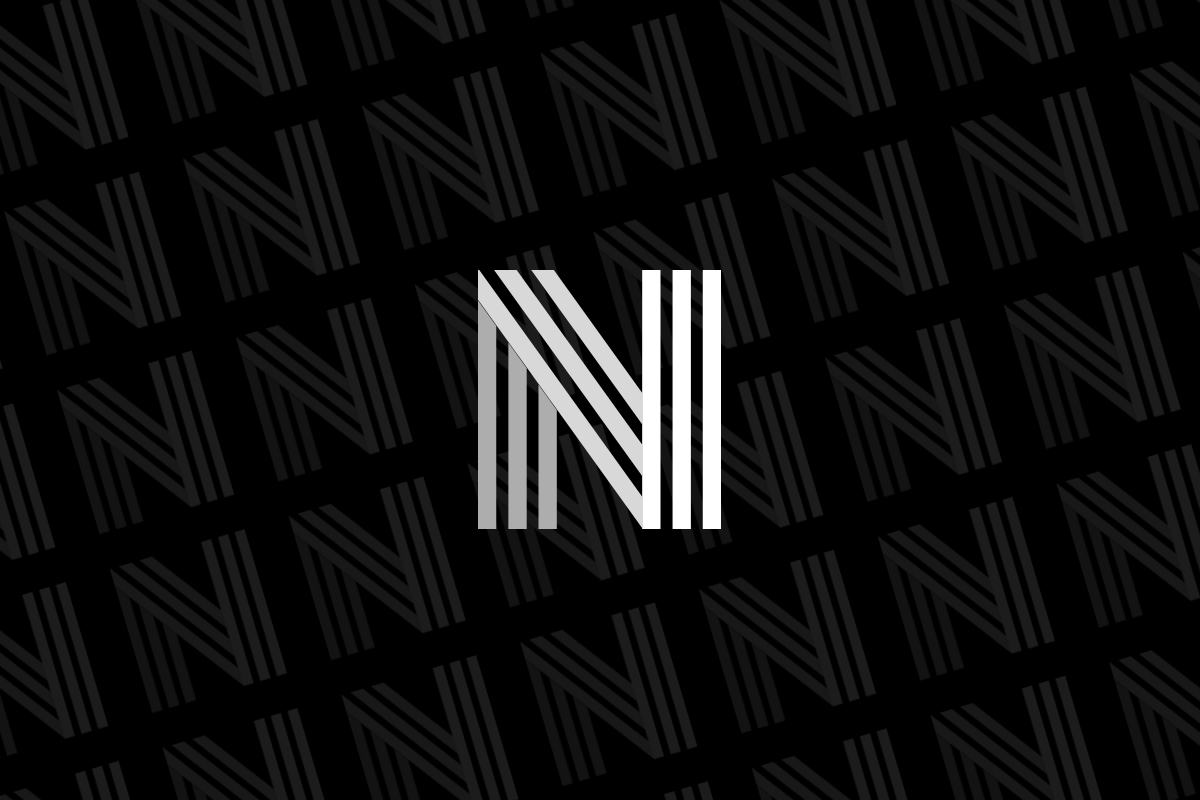If you’re looking for inspiration to stick with your Dry January commitment, you may want to check out booze-free gatherings happening all over the country.
A Mindful Drinking Fest returns to Washington, D.C., this weekend. There’s Mocktails & Mingle in Chicago, a Dry Vibes celebration in Kansas City, a Mocktail Fest in Miami, to name just a few.
They include tastings, music, dance parties as well as competitions and speakers, all aimed at showing there’s fun to be had at events that don’t revolve around alcohol.
The boom in sober curious tracks with Derek Brown’s personal story. A decade ago he was serving up drinks as the owner of the Columbia Room, one of the most celebrated cocktail bars in the U.S.
But in his late 30s when he stopped to assess the role of alcohol in his life, he realized it was a problem.
“My health wasn’t good, my finances weren’t good, my relationships were strained. And while alcohol wasn’t the sole cause of that, it certainly wasn’t helping,” Brown says.
He was advised to stop drinking for a while and change his relationship with alcohol. As he navigated a new path he realized there were a lot of people like him, and he saw a professional opportunity.
Brown says many people want ways to connect and be social without alcohol.
“It’s really fun to embrace new things, and that’s what we’re really about,” he says, and not just in January, but throughout the year.
His hunch was spot on. Sales of non-alcoholic adult beverages are expected to hit $4 billion over the next two years. Products include NA craft brews from pioneers such as Athletic Brewing, Partake Brewing, and Surreal Brewing Company.
The Adult Non-Alcoholic Beverage Association, a trade association, which is now a part-owner of the Mindful Drinking Fest, points to a “sweeping” moderation trend that is driving up demand. As more people consider cutting back on alcohol, the interest in more sophisticated NA options are on offer.
How does a pomegranate cocktail sound, infused with extracts of the flowering Rhodiola plant? Or a spicy pineapple margarita blended with bits of damiana, a shrub known for its tiny, aromatic flowers. These booze-free craft cocktails made by Curious Elixirs, incorporate herbs, spices, roots and botanicals. The company says its creations have been served at top restaurants including Michelin-starred Daniel in New York City and the famous French Laundry in Napa Valley.
Other vendors serving up tastings at festivals this month include Fleure, another maker of non-alcoholic distilled spirits. One of its botanical blends is marketed as a gin substitute, made with coriander seed and lime peel combined with lavender and Juniper. There’s also Little Saints, founded as a passion project by a woman who set out to replicate cocktail classics with spirits made from mushroom ingredients.
” What we would like to see is people going to bars, going to restaurants, going out, having parties, spending time together, just not making alcohol at the center of it,” Brown says.
But upending social norms isn’t easy. From weddings to funerals and many events in between, alcohol is woven into social experiences. More than 2 out of 3 adults in the U.S. report consuming at least one drink a week or more, but there’s a growing consensus of the health benefits of cutting back.
Just last week, the surgeon general warned about cancer risks linked to alcohol. Dr. Mike Sevilla, a family physician in Ohio, says it can be tough to talk to patients about cutting back if the conversation is only about what you have to give up. Instead he likes to focus on fun things to replace drinking. Over the years, he’s seen people swap drinking for all kinds of new activities.
“They’ve started a book reading club, or they’ve started knitting, or they’re painting or a sporting event like bowling,” says Sevilla.
Creating more social opportunities through new hobbies — or picking up an old hobby —can really make a difference.
“I’ve found that my patients have had better luck trying to cut back on their alcohol use or even eliminate it completely,” Sevilla says.
He points to a simple tool to assess drinking habits. It’s a self-assessment quiz known as the CAGE questionnaire. It asks four questions: Have you ever felt you should cut down on alcohol? Have people annoyed you by criticizing your drinking? Have you ever felt bad or guilty about your drinking? Have you ever had a drink first thing in the morning to get rid of a hangover? If you answer yes to any of these questions, Sevilla says it’s a sign you may want to explore your relationship with alcohol further.
Dry January can serve as a gateway to more sustained changes, says Dr. Jamie Koprivnikar an oncologist at Hackensack Meridian Health who counsels many patients to cut back or abstain. “It can shift our perspectives,” she explains.
A one month break is not likely to improve your health if you resume unhealthy levels of drinking the rest of the year, she says.
“But I think that month can really kind of open our eyes to the effect that drinking is having on our lives.”
Story edited by Jane Greenhalgh
Source: www.npr.org
